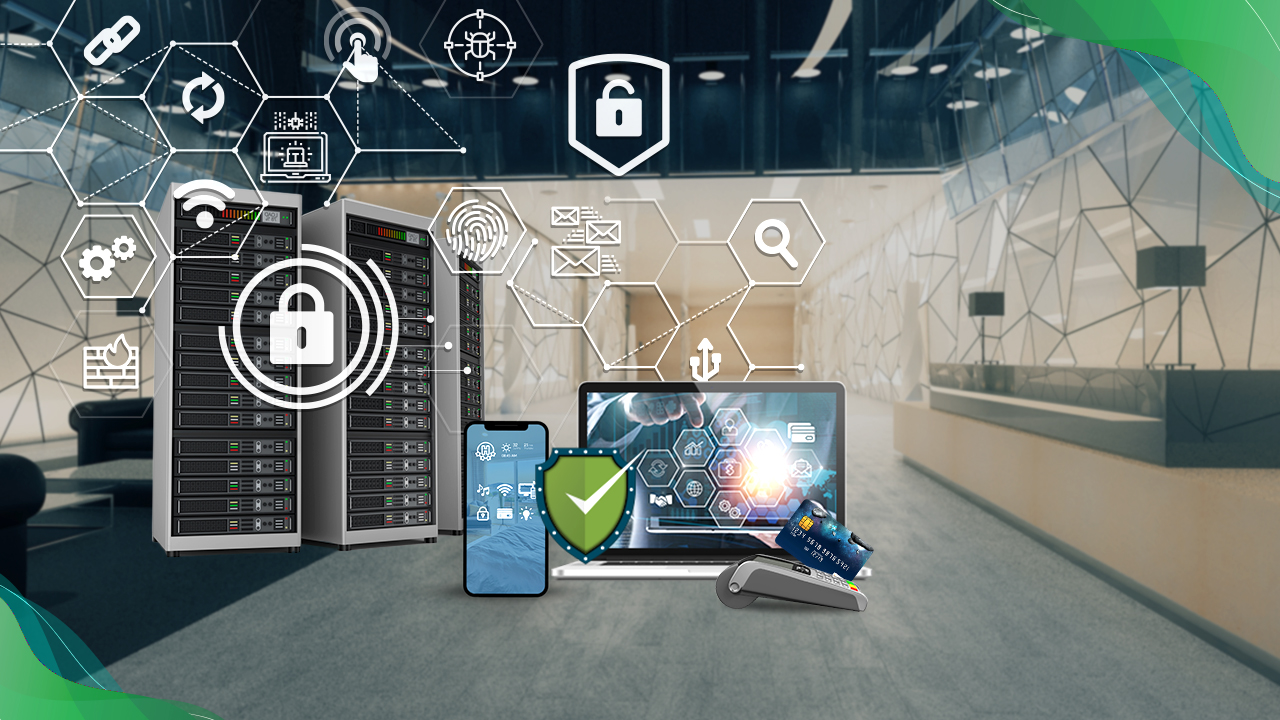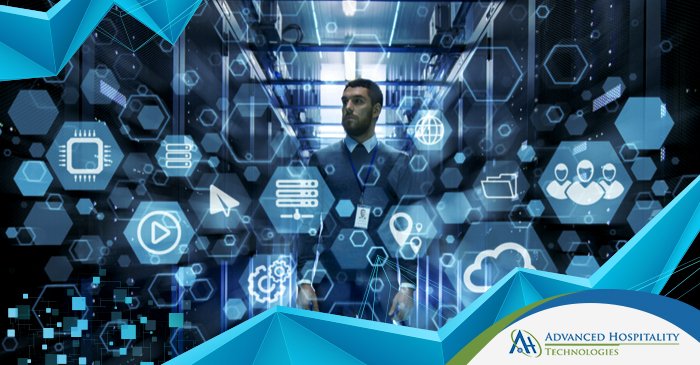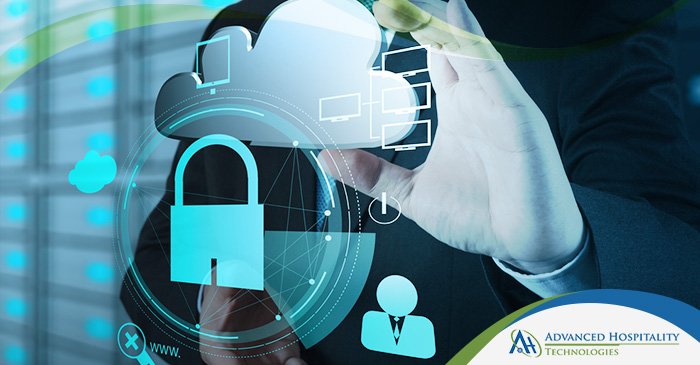The hospitality industry is no stranger to data breaches and cyberattacks. The Starwood Resorts event (2014) was possibly one of the most famous in the world of hospitality, costing Marriott Group almost $130 million in financial damages.
Threat research company, SonicWall Capture Labs, logged a mammoth 304.6 million ransomware events in 2020. In his blog, The top cyber security risks of 2022, Paul Ruben writes that, “if cyber crime was a country, it would be the third biggest global economy after the US and China.”
Cyber security research firm Cybersecurity Ventures estimated in their recent report that global cybercrime costs for businesses will escalate by 15% per year over the next five years, amounting close to $10.5 trillion USD in 2025.
Hotels remain at risk from cybersecurity events, given the sheer amounts of financial and personal data in their databases. Hotel operators must therefore establish policies, standards, and tools to secure their staff, guests, and data from these threats.
Remote Work Security
Remote work has become a dominant aspect of organizational culture over the last 2 years. As more hotel staff now work from home it becomes essential for the hotel to ensure their devices and networks are secured.
Technology management professionals recommend the development of a comprehensive cybersecurity policy that dictates what software, hardware and best practices will be used by remote staff.
RoundRobin Tech Services establish that “Between 75% and 90% of targeted cyber-attacks start with an email.” Ransomware and phishing attacks are predominantly orchestrated over email, spreading to all connecting email contacts in a users list.
It is simply critical that hotel management develop transparent digital security policies to ensure securing their remote staff, guests, and digital assets. With work being reserved to email, online chat services, and conferencing software it is essential to adopt only services vetted by the technology manager.
A technology management professional will usually tend to identify all the action surfaces in the hotel that cybercriminals can target. This is usually achieved through a thorough audit of the hotel’s IT assets and technology systems.
Once all the action surfaces are identified the CIO or technology management provider can begin to formulate a comprehensive plan of action. This should usually include a digital security policy, vetted cybersecurity software, compliant hardware, and on-demand technical support.
Training Staff for Cybersecurity Threat Protection
Staff is the weakest link in the business cybersecurity chain as identified by cybersecurity firm Tessian who claim 88% of breaches occur due to human error.
Training your staff to be cautious and adhere to recommended protocols is one of the most important practices that hospitality operators are now increasingly embracing. Professional technology management providers usually recommend the simpler solution to conduct regular PCI staff training or similar courses to prepare employees for cybersecurity events.
It is essential for staff to be aware of prevalent threats and tactics used by cybercriminals to infiltrate hotels. At AHT Inc. we have developed a comprehensive course to prepare hotel staff and management to be ready for cyberthreats.
You can learn more about technology management by chatting with our customer service representatives now, in the live chat window on the bottom right.
Since cybercriminals manipulate human behavior in ransomware and phishing attacks, staff should understand the devious ways they can be victimized. In addition, it is essential for the entire hotel staff and management to understand the importance of secure networks, password management, two factor authentication and essential cybersecurity tools.
Conclusion
The rapid increase in cyberattacks and data breaches is alarming, therefore hospitality providers should develop an interest in this field. Gartner research predicts 40% of boards of directors will have an overseeing cybersecurity committee for their organization.
The security of in house and cloud data is now a liability for the hotel owner. By leveraging leading edge technology and standards of practice can hospitality mitigate this risk. To learn more about cybersecurity management and technology management for your hotel talk to us now through our live chat service on the bottom right.
Advanced Hospitality Technologies is a leader in Hospitality Technologies. We have an award winning benchmark for providing affordable, reliable and most advanced hospitality Technology Solutions.




